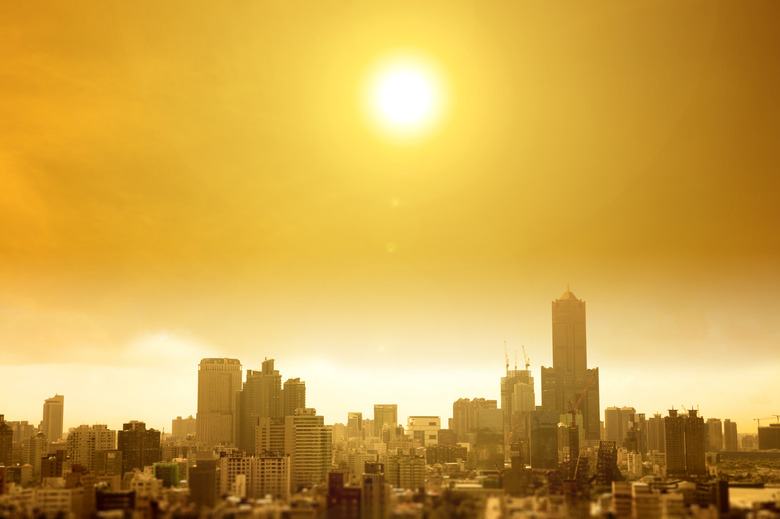jc456
Diamond Member
- Dec 18, 2013
- 150,383
- 34,523
- 2,180
talk to this siteIncorrect. Colder temperatures - for the same water vapor - increase the density of the air which increases atmospheric pressure. But usually colder temperatures will have less water vapor in the air so that's probably where the confusion comes from.
You really are a disciple of EMH.

How Does Temperature Affect Barometric Pressure?
Barometric pressure is another term for air pressure, or atmospheric pressure. The behavior of air molecules is affected by changes in temperature, resulting in changes in barometric pressure.
